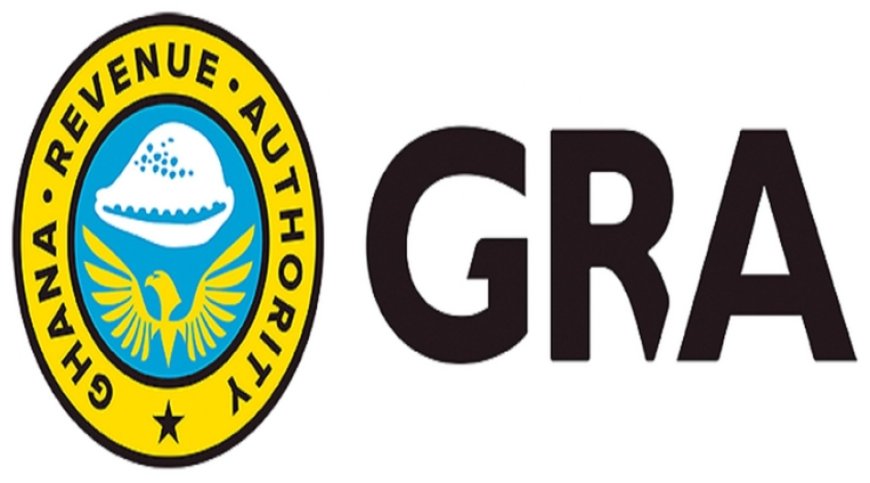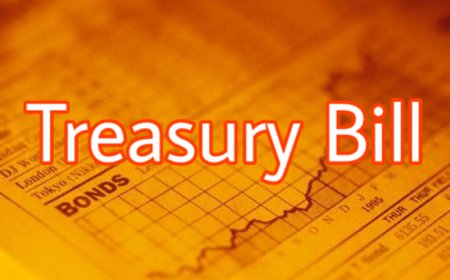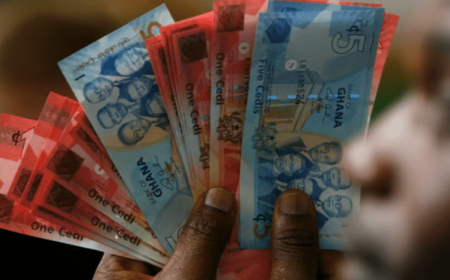IMF backs removal of COVID-19 levy as new tax reforms receive high approval rate
The IMF has endorsed Ghana’s decision to remove the COVID-19 levy, praising the move as part of broader tax reforms that have received widespread approval and are expected to improve fiscal efficiency.

The International Monetary Fund (IMF) has thrown its support behind the Government of Ghana’s decision to remove the COVID-19 Health Recovery Levy, describing it as a step in the right direction toward a more efficient and equitable tax system.
The controversial levy, introduced in 2021 to support pandemic-related expenditures, has been a point of public contention due to its impact on consumption and small businesses. Its removal forms part of the government’s broader 2025 tax reform agenda, which includes digital tax simplification, widening the tax net, and eliminating nuisance taxes.
According to a joint release by the Ministry of Finance and the IMF, the removal of the COVID-19 levy aligns with ongoing IMF-supported economic reforms aimed at restoring macroeconomic stability and improving public financial management.
“The removal of distortionary taxes such as the COVID-19 levy is essential to creating a fairer tax structure while protecting the most vulnerable,” the IMF stated.
Positive Reception & Policy Shift
Initial reports indicate that the new tax reform proposals have received high approval ratings from stakeholders, including the business community, civil society groups, and development partners. The reforms emphasize transparency, tax equity, and an expansion of the formal tax base through digital compliance and improved enforcement.
Finance Minister Dr. Mohammed Amin Adam, speaking at a policy forum in Accra, said the changes are designed to “modernize Ghana’s tax architecture while reducing the burden on ordinary citizens.”
“This is not just about collecting more taxes. It’s about collecting smarter, fairer, and with accountability,” he said.
Revenue Mobilization & IMF Targets
The IMF continues to monitor Ghana’s fiscal performance under the $3 billion Extended Credit Facility (ECF) program, which includes targets for domestic revenue mobilization and expenditure control.
Experts say the removal of the COVID-19 levy could boost consumer confidence and increase formal economic activity, provided that the revenue shortfall is offset by improved efficiency elsewhere in the tax system.
Tax analyst Selorm Atta-Mills noted, “This is a bold move. It shows the government is listening to citizens and balancing revenue needs with economic realities.”
What’s Next?
The Ghana Revenue Authority (GRA) is expected to roll out a national sensitization campaign on the new tax structure, ensuring clarity among businesses and individuals.
As the reforms unfold, attention will be focused on how the government ensures compliance, prevents revenue leakages, and uses the savings from tax removal to enhance essential public services.
The IMF’s support, observers believe, could boost investor confidence and further anchor Ghana’s economic recovery agenda.
What's Your Reaction?


















































































